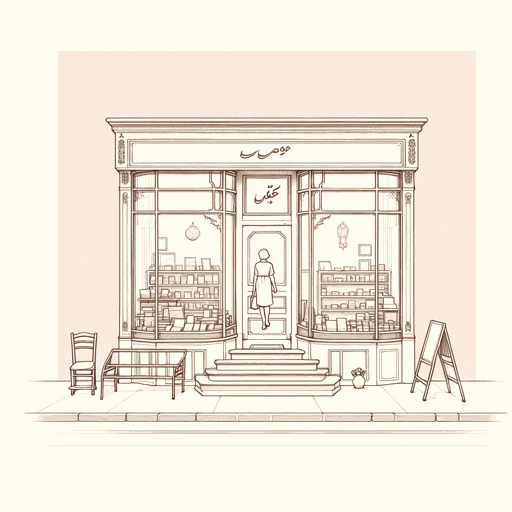51 pages • 1 hour read
Marjan KamaliThe Stationery Shop of Tehran
Fiction | Novel | Adult | Published in 2019A modern alternative to SparkNotes and CliffsNotes, SuperSummary offers high-quality Study Guides with detailed chapter summaries and analysis of major themes, characters, and more.
Symbols & Motifs
The Stationery Shop
The Stationery Shop is the novel’s central symbol, embodying both the ideals of freedom and the idealism of youthful love, reflecting The Ties Between the Personal and Political. Fakhri opens the stationery shop after he is forced to abandon his relationship with Badri. He conceives it as a temple to intellectual, political, and romantic freedom. As well as stocking inspirational international and domestic works of literature, Fakhri actively aids both clandestine political movements and forbidden love by passing messages between the pages of the books he sells. Roya initially sees the shop as a refuge from the turmoil of political and family life. Instead, she soon realizes that the store is at the center of political resistance and its books are part of the struggle for reform and freedom.
When the shop burns down, Fakhri reflects that it cannot really be destroyed, since the ideals that it represents will live on. Fakhri’s predictions are realized in the reproduction of the shop that Bahman opens in New England. As the rise of the digital age means that business is in decline for Bahman’s family, the implication is that Fakhri’s hopes and ideals will nonetheless live on in the hopes and memories of the next generation.

